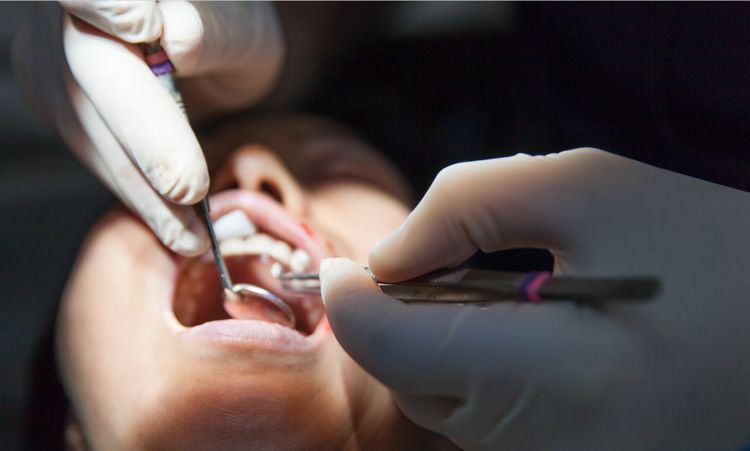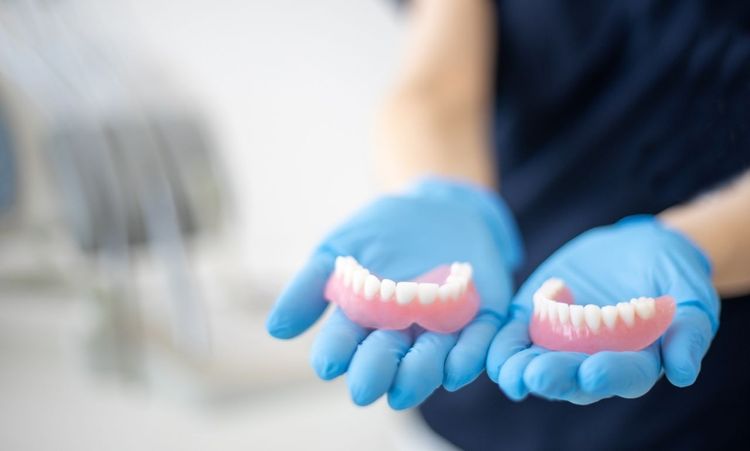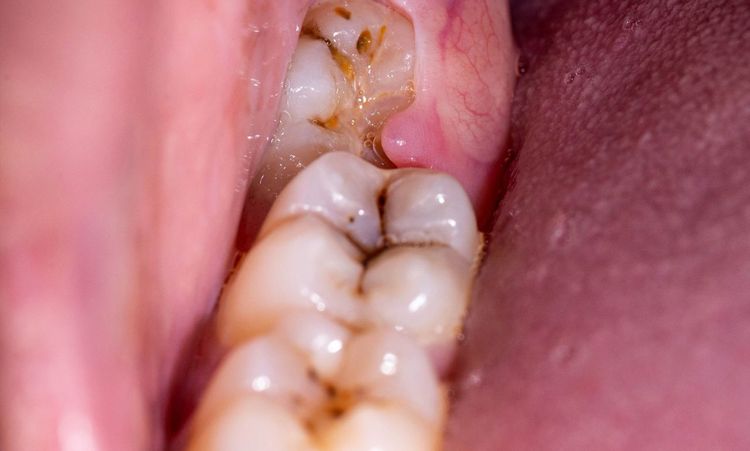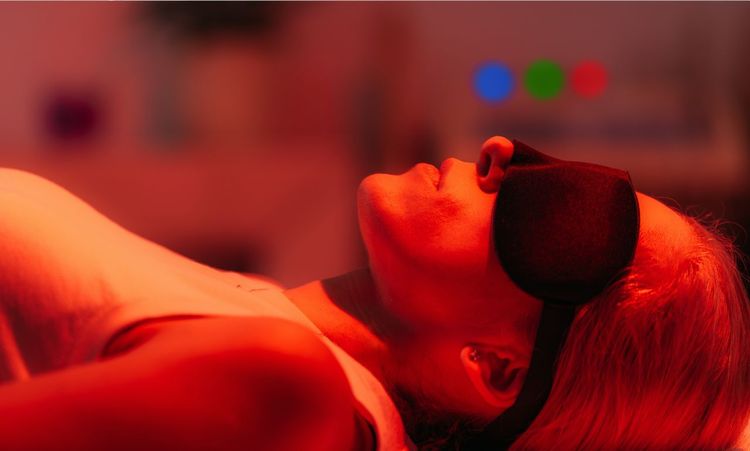If you are scheduling a wisdom tooth extraction, you may be wondering if you can smoke before the procedure. As someone who has gone through this surgery myself, I can tell you from personal experience that smoking before wisdom teeth removal is a big no-no. In this article, we'll explore the reasons why you shouldn't smoke before oral surgery and the potential risks involved.
What Happens if You Smoke Before Oral Surgery?
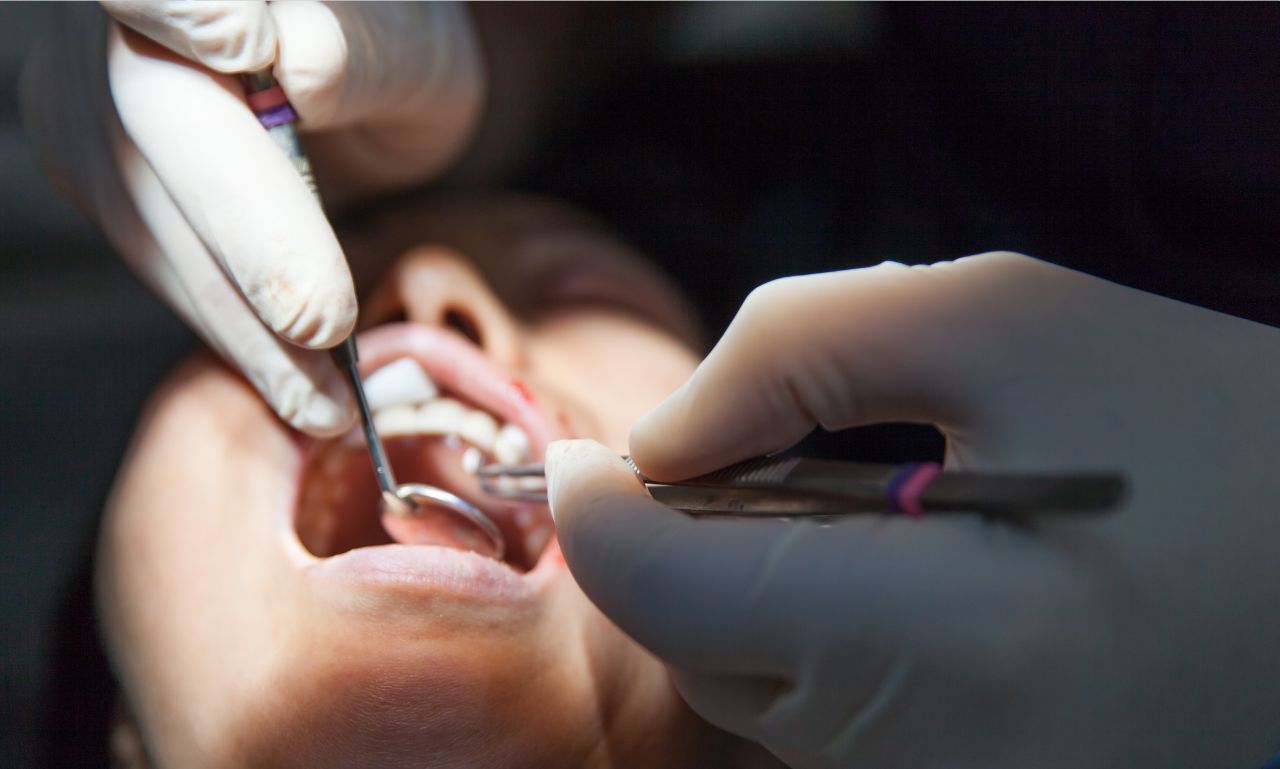
Smoking before wisdom teeth removal can cause several issues:
Smoking decreases blood flow and oxygen supply to the surgical site, which can slow down healing and increase the risk of infection. The chemicals in tobacco products damage blood vessels and interfere with the body's natural healing mechanisms.
Nicotine, a key component in cigarettes, causes blood vessels to constrict, further reducing blood supply to the extraction site. It can lead to a painful condition called dry socket, where the blood clot that forms to protect the bone and nerves is dislodged.
Smoking also raises your blood pressure and heart rate, which can complicate the use of anaesthesia during surgery. You may require higher doses of anaesthesia medications, which can increase the risk of side effects.
Risks of Smoking After Wisdom Teeth Removal
Dry Socket
As mentioned earlier, smoking can cause the blood clot in the extraction socket to become dislodged, resulting in a dry socket. It exposes the underlying bone and nerves, leading to intense pain, bad breath, and a foul taste in the mouth. A dry socket can delay healing and require additional treatment from your oral surgeon.
Increased Risk of Infection
Smoking impairs your immune system's ability to fight off bacteria, making you more susceptible to infections. The extraction site is particularly vulnerable to bacterial invasion, and smoking can introduce harmful substances directly into the wound. Infections can cause swelling, pain, and fever and may require antibiotics or even further surgery to treat.
Delayed Healing
Smoking slows the body's healing process by reducing blood flow and oxygenation to the surgical site. It means it will take longer for the extracted wound to heal and for you to recover fully. Prolonged healing time can be uncomfortable and inconvenient, keeping you from returning to your routine.
The Importance of Preparing for Wisdom Teeth Removal
Following your oral surgeon's pre-operative instructions is essential to ensure a smooth and successful wisdom tooth extraction. Proper preparation can help minimise complications and promote a faster recovery.
Dos and Don'ts Before Wisdom Teeth Extraction
Do:
- Arrange for someone to drive you home after the procedure, as anaesthesia can impair your ability to drive safely.
- Wear loose-fitting, comfortable clothing with short sleeves to allow easy access for an IV if needed.
- Follow your surgeon's guidelines on when to stop eating and drinking before the surgery.
- Brush and floss your teeth thoroughly before the appointment to reduce bacteria in your mouth.
Don't:
- Eat or drink anything after midnight the night before your surgery unless instructed otherwise by your surgeon.
- Do not take any medications that can thin your blood, such as aspirin or ibuprofen, without consulting your surgeon first.
- Wear contact lenses, jewellery, or excessive makeup on the day of the procedure.
- Smoke or use any tobacco products for at least 48 hours before and after the surgery.
How Long Should You Not Smoke Before Wisdom Teeth Removal?
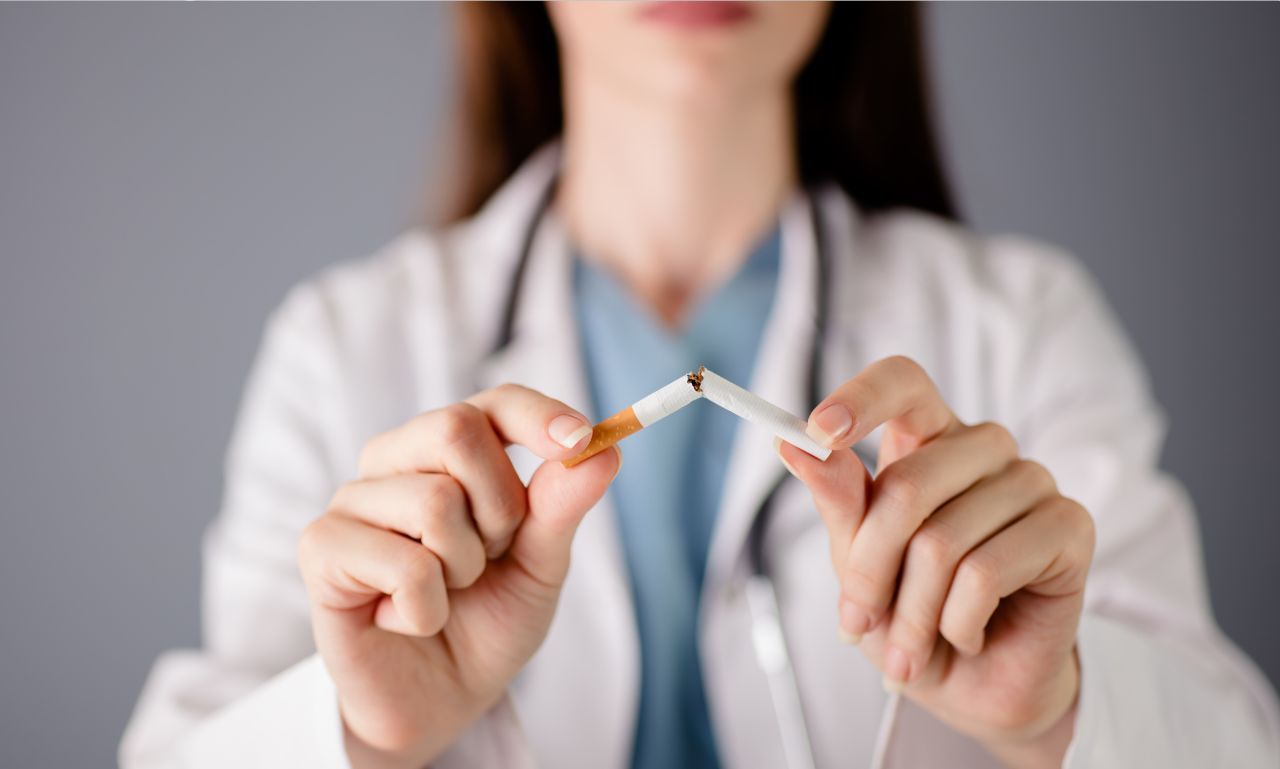
Oral surgeons generally recommend that you quit smoking at least 48 hours before your scheduled wisdom tooth extraction. The practice gives your body time to begin healing and reduces the risk of complications during the procedure.
However, the longer you can abstain from smoking before surgery, the better. Ideally, aim to quit smoking a week or more before your extraction date. It allows your body to start recovering from the harmful effects of tobacco and promotes better overall health.
If you find it challenging to quit smoking abruptly, consider gradually reducing your tobacco use leading up to the surgery. You can try nicotine replacement therapy, such as nicotine gum or patches, to manage cravings. Consult with your healthcare provider for personalised smoking cessation advice.
Can I hit my vape before wisdom teeth removal?
No, you should not use any form of nicotine or tobacco products, including vaping, before wisdom teeth removal. Vaping can have similar adverse effects on your oral health and healing process as traditional cigarettes.
The nicotine in e-cigarettes can cause blood vessels to constrict, reducing blood flow to the extraction site. This can increase the risk of dry sockets and delay healing. Additionally, the heat and chemicals in the vape can irritate the delicate tissues in your mouth, further compromising your recovery.
How do you smoke and not get a dry socket?
Honestly, the only foolproof way to prevent dry sockets is to avoid smoking before and after your wisdom teeth removal altogether. There is no safe way to smoke without risking this painful complication.
If you absolutely cannot quit smoking, your oral surgeon may recommend waiting at least 48 to 72 hours after the procedure before smoking again. However, this still carries a significant risk of developing dry sockets and other complications.
To minimise the risk, when you do resume smoking, take gentle, short drags and avoid inhaling deeply. Rinse your mouth with warm salt water after smoking to help keep the extraction site clean. Use gauze to cover the extraction site while smoking to prevent direct contact with the cigarette smoke.
Why do smokers need more anaesthesia in dentistry?
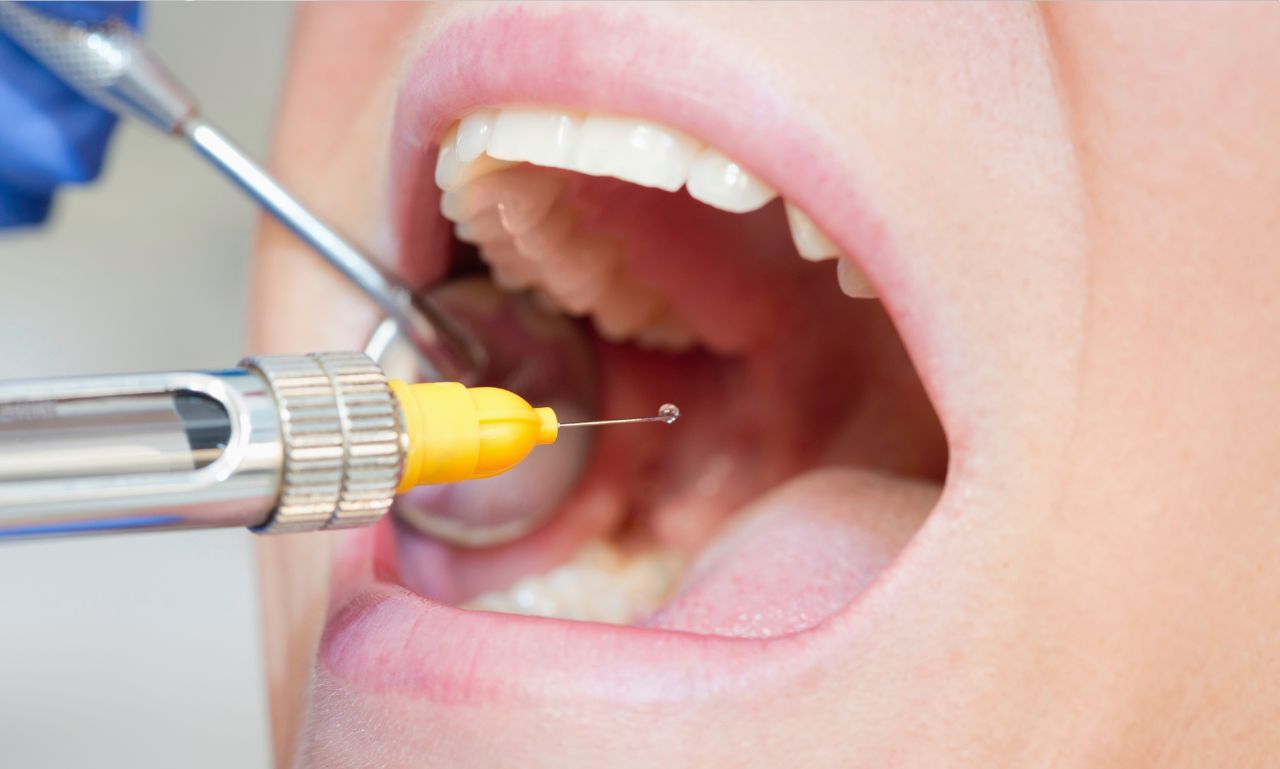
Smokers often require higher doses of anaesthesia during dental procedures, including wisdom teeth removal, due to the effects of nicotine on the body. Nicotine can interfere with the effectiveness of certain anaesthesia medications, making it more challenging to achieve adequate pain control and sedation.
Smoking increases the metabolism of some anaesthesia drugs, causing them to be broken down and eliminated from the body more quickly. As a result, smokers may need larger doses or more frequent administration of anaesthesia to maintain the desired level of pain relief and sedation throughout the procedure.
Additionally, long-term smoking can lead to a build-up of carbon monoxide in the blood, which reduces the blood's oxygen-carrying capacity. It can make it more challenging for the anesthesiologist to maintain proper oxygenation during surgery, potentially increasing the risk of complications.
Your smoking habit should be discussed with your oral surgeon and anesthesiologist before the procedure to ensure the best possible outcome. They may modify the anaesthesia plan and monitor you closely during the surgery.
Conclusion
Smoking before wisdom teeth removal can have serious consequences for your oral health and overall well-being. It increases the risk of complications such as dry socket, infection, and delayed healing. It is crucial to follow your oral surgeon's instructions and avoid smoking for at least 48 hours before and after the procedure to ensure a smooth recovery and the best possible results.
If quitting seems impossible, consult with your doctor or a quit-smoking program to help you. Yes, quitting may cause short-term discomfort, but it is worth the long-term gain of a healthier mouth and body.
Also Read: Why Do People Get Dentures?
